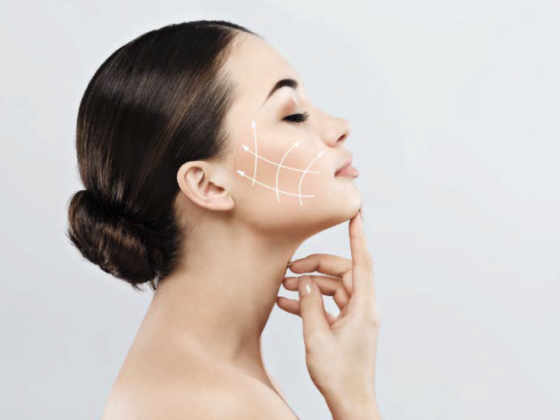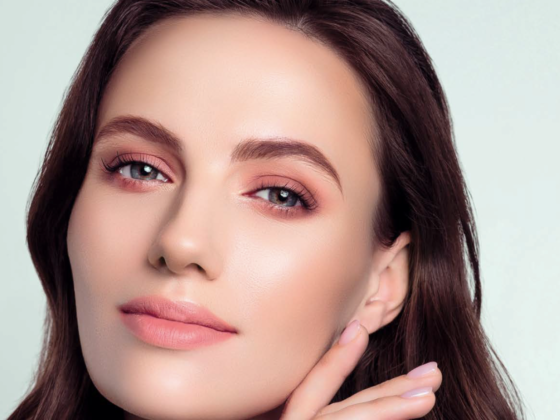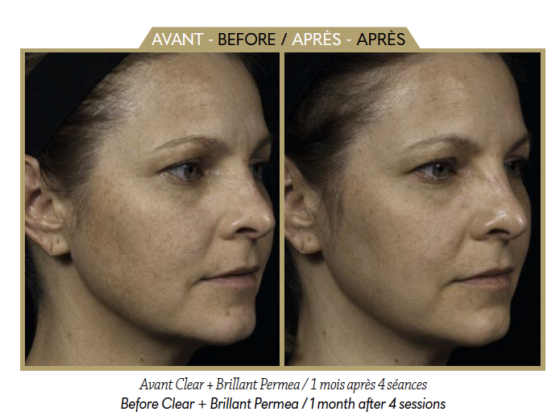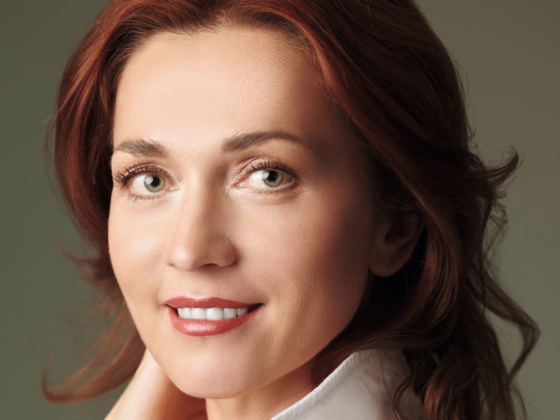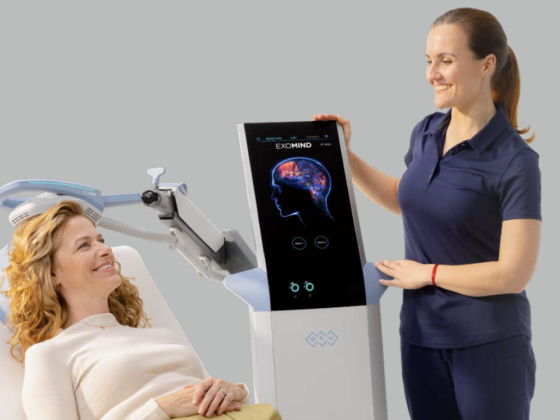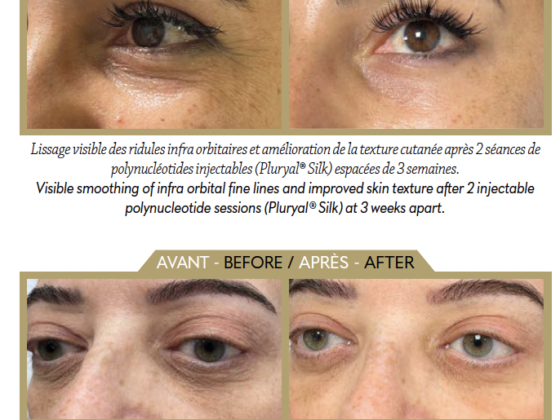By the Doctor Jean-françois Bezot and the Doctor Claude Dalle
Neurotransmitters allow our brain to communicate with the rest of our body. Without them, there would be no muscle contractions or hormone release and we would be unable to see, think, feel emotions… Hormones follow the action of our neurotransmitters in order to maintain our emotions.
 Understanding the neurotransmitters’ circa-dian rhythm
Understanding the neurotransmitters’ circa-dian rhythm
Dopamine is secreted in the morning, after a peak in cortisol, which kickstarts wakefulness (Spinoza’s conatus). Noradre- naline takes over during the day as an accelerator: energy and pleasure of an action, for “constant stress”.
The serotonin secreted in the late afternoon acts as a brake. It promotes calm, patience, good humour. It triggers the release of melatonin, the hormone for reparative sleep, which en- ables the brain to defragment, like a computer, in preparation for the next day’s cognitive charge.
Any deficiencies have a significant impact on aging.
• Dopamine deficiency is common after age fifty and leads to morning fatigue after a bad night’s sleep, a reduction in intellectual capacity, loss of motivation, etc. Dopamine is the great neurotransmitter of reward. Like its name indicates, it is closely linked to addiction, in all its forms (food, drink, drugs, sport, gambling, etc.). When levels are low, giving in to an addiction raises the dopamine levels and immediately comforts the brain. Unfortunately, it is also linked to Parkinson’s disease when the deficiency is severe. It is important to know that dopamine is present in a number of organs other than the brain, including the intestine, and the first signs of aging appear very early on in the intestine. The microbiota plays an important role in this.
• Noradrenaline deficiency leads to a lack of energy.
• Serotonin deficiency leads to hostile depression: insomnia (waking up at 3am), additive impulses. Excess serotonin in the intestine causes spasms.
• GABA (gamma-aminobutyric acid) is essential, at bed-time, as it calms the activity of all the other neurotransmitters, including the exciters.
• Acetylcholine is also vital because it is the neurotransmitter of youth and is responsible for the speed of communication between the neurones. It relies greatly on our sex hormones.
Homeostasis
Naturally, there is a balance between serotonin and dopamine. As soon as there is a problem with serotonin, dopamine is also affected. Patients with low serotonin levels feel fine because their dopamine levels are automatically higher. Conversely, excess serotonin makes you feel sad and lacking energy.
Men are generally dopaminergic, and women are generally more serotoninergic (acting with emotion is a more feminine trait).
The dopamine/serotonin levels should be kept balanced where possible. Our mental state depends greatly on this. All of life’s stresses, even minor ones, raise our cortisol levels, which leads to a secretion of dopamine, but this must be quickly followed by a secretion of serotonin, to maintain our mental balance and avoid any excitement.
Neuroscientists have found that the fundamentals of being human are: eating, reproducing, having social status and power, exerting minimum effort, but having a maximum amount of information about one’s environment. If we look more closely, four of these fundamentals rely on dopamine ! Our society is very dopaminergic, and our dopamine is constantly being manipulated during the day: processed food, internet, etc. During the menopause, women become more dopaminergic, so this must be treated as a priority.
Urine quantities
We measure the urinary metabolites (5HIAA, VMA, 3-5 DOPAC, HVA) as they translate the intensity of the message that is really transmitted. This notion is important. A patient can produce opti- mum quantities of dopamine, but its action on the iodine receptor can be deficient (due to a mutation, etc.).
Nutritional links
Antioxidants slow down brain degradation by protecting the neuronal structures from free radical attack. Vitamin D and W3 fatty acids (EPA and DHA) modulate serotonin synthesis, release and activity. Micronutrient deficiencies influence our behaviour, emotion, social unease.
Some amino acids are essential for manufacturing our neurotransmitters and must be provided by our diet, and properly absorbed by the intestine (tyrosine for dopamine, tryptophane for serotonin). Note that pollution, including glyphosate – which 90% of us have in our bodies – alters the microbiota and prevents the intestinal bacteria from producing tyrosine and tryptophane.
A proper breakfast first thing in the morning (enough protein, an egg for example) and slow-release carbohydrates at around 4pm (for serotonin, a banana or some dark chocolate) will help you strike the best balance.
Hormones
Over the course of the normal aging process, a reduction in DHEA sulphate is accompanied by an increase in cortisol levels (especial- ly during the night) and the DHEA/Cortisol ratio gets lower in the blood plasma. DHEA is an anti-GABA in the brain and regulates the heart rate.
The drop in this ratio is accentuated in patients with senile de- mentia or depression.
Given the anti-cortisol actions of DHEA, this drop in DHEA com- bined with increased cortisol levels accentuates the harmful effects of cortisol on brain function (memory problems and an impact on mood which can cause depression).
The steroid hormones (e.g. oestrogen, testosterone) naturally pro- vide dopamine and serotonin. The processes of memory, quality of life, stress resistance, by the neurotransmitters, depend on this. Other organs, like the heart and intestine, also have a lot of se- cretions and receptors to the neurotransmitters, but their effect is often the opposite of the effect on the brain. The brain-body connections really come into their own.
The male and female hormones, in physiological conditions and excluding an exogenous supplement, encourage resistance to effort, good performance, stamina, muscle tone, serenity and a feeling of safety, as well as promoting more refreshing sleep, a positive state of mind and good resistance to stress.
Too much stress during the day will leave excess noradrenaline in our brain which will delay sleep: but we need enough noradrenaline to fall asleep as it helps us to release melatonin. This balance must be preserved in the evening with a calm and relaxing envi- ronment before you go to bed.
Neurotransmitters are the “butterflies of the soul” (Cajal): it is tricky to keep them balanced so we must pay attention to them. Our diet, the state of our microbiota, our lifestyle, are all regulators that help us to keep them balanced. But our genes and how they are regulated (epigenetics) are crucial. We are only just starting to push open this door, which will improve our knowledge and our wellbeing.
If we are gentle with our neurotransmitters, they will be gentle with us.
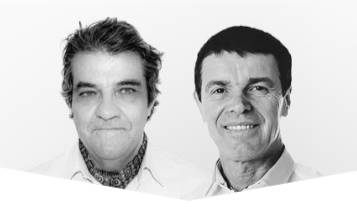 Doctor Jean-François Bezot. Medical biologist. Pharmaceutical doctor, Paris Pharmaceutical Faculty. Former house pharmacist in the Paris Hospitals. Has specialised in anti-aging biology and functional proteomics since 1988. Vice-president of the French Society for Anti-Aging Medicine. International conference speaker. More information biopredix.com
Doctor Jean-François Bezot. Medical biologist. Pharmaceutical doctor, Paris Pharmaceutical Faculty. Former house pharmacist in the Paris Hospitals. Has specialised in anti-aging biology and functional proteomics since 1988. Vice-president of the French Society for Anti-Aging Medicine. International conference speaker. More information biopredix.com
Doctor Claude Dalle. Degree in acupuncture, mesotherapy, Eriksonian hypnotherapy. Speaker at international conferences, course leader at the Faculty of Medicine in Paris. Scientific director of congresses. More information drclaudedalle.co





